Kathleen Cleaver
Nascimento : 1945-05-13, Dallas, Texas, USA
História
Kathleen Neal Cleaver is an American professor of law, known for her involvement with the Revolutionary movement and the Black Panther Party.
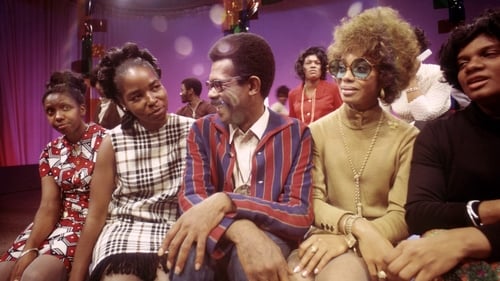
Self
On the heels of the Civil Rights Movement, one fearless black pioneer reconceived a Harlem Renaissance for a new era, ushering giants and rising stars of black American culture onto the national television stage. He was hip. He was smart. He was innovative, political, and gay. In his personal fight for social equality, this man ensured the Revolution would be televised. The man was Ellis Haizlip. The Revolution was soul!

Self (Archive Footage)
Director Jenn Nkiru authors a personal and powerful exploration of blackness through piecing together dreamlike portraits with stunning archival footage that includes Afrofuturism pioneer Sun Ra and revolutionary organization the Black Panther Party.
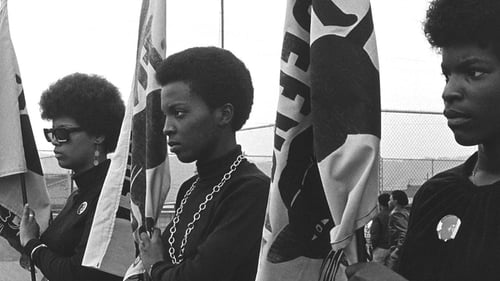
Self - Black Panther Party (archive footage)
A história dos Panteras Negras é frequentemente contada em uma porção de partes reembaladas, muitas vezes representando relatos trágicos e míticos de violência e atividade criminosa. O mestre documentarista Stanley Nelson vai direto à fonte, tecendo um tesouro de filmagens raras com as vozes das pessoas que estavam lá: policiais, informantes do FBI, jornalistas, apoiadores e detratores brancos, e Panteras Negras que permaneceram fiéis ao partido e àqueles quem saiu. Uma história essencial, Os Panteras Negras: Vanguarda da Revolução, é uma crônica vibrante, humana, viva e respirante desse movimento crucial que deu origem a uma nova cultura revolucionária na América.
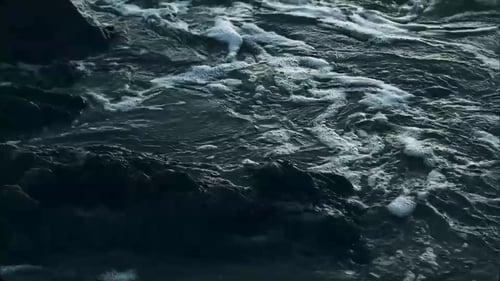
What does it mean to be Black in America in the 21st century? The recently formed Black American film group TNEG™ has set out to elucidate this very question. Hearing from the likes of fine artist Kara Walker and musical artist Flying Lotus, the film is based on a deceptively simple approach -- asking a refined list of black 'specialists' as well as 'uncommon folks' questions about what they think, and more importantly as lead director Arthur Jafa states, 'What they KNOW' -- the film is an unprecedented 'stream of the black consciousness' and a strikingly original and rarefied look at black intellectual and emotional life. What's so unorthodox about this simple approach is that the interviews were recorded separately from the images in the film. What results is a breathtaking, kaleidoscopic look of American black life from the dawn of three original filmmakers.

Herself
Marlene Cummins breaks a forty-year silence to tell the story of her abuse in the Australian Black protest movement, to overcome her demons of today.
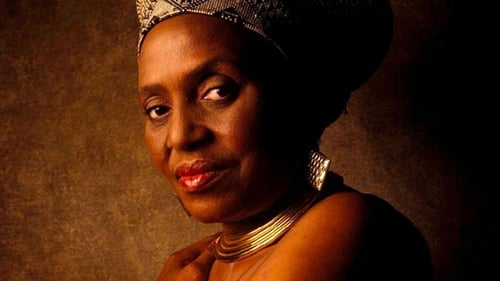
Self
Miriam Makeba was one of the first African musicians who won international stardom and whose music was always anchored in her traditional South African roots. Miriam Makeba was forced into exile in 1959. She sang for John F. Kennedy, performed with Harry Belafonte and Nina Simone, was married to Hugh Masekela and also Stokely Carmichael. Her life was tumultuous. She always stood for truth and justice. She fought for the oppressed most importantly for black Africans, as a campaigner against apartheid. She died November 2008 after a concert in Italy. Mika Kaurismäki's documentary, traces fifty years of her music and her performing life. Through rare archive footage of her performances and through interviews with her contemporaries we discover the remarkable journey of Miriam Makeba.
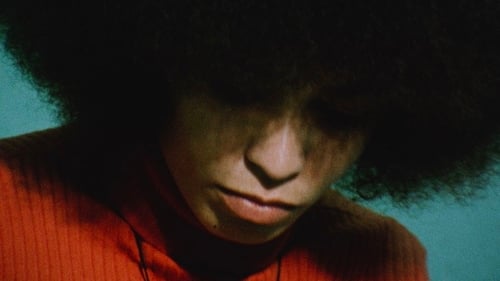
Self (voice)
Examines the evolution of the Black Power Movement in US society from 1967 to 1975. It features footage of the movement shot by Swedish journalists in the United States during that period and includes the appearances of Angela Davis, Bobby Seale, Huey P. Newton, Eldridge Cleaver, and other activists, artists, and leaders central to the movement.

Thanks
Shot in the span of ten years, Black August Hip-Hop Project takes us to New York City, Cuba, and South Africa to raise awareness about political prisoners in the United States and abroad. The documentary features interviews with intellectuals and social activists including Assata Shakur, as well as performances by artists such as Talib Kweli, Mos Def, David Banner, Dead Prez, and Common.

Self (archive footage)
Through dramatic re-creation, archival newsreel footage and revealing interviews, director Fred Baker's docudrama explores the controversial murder case centered on Black Panther activist and political exile Assata Shakur. In 1977, Shakur was dubiously convicted for the shooting death of a New Jersey state trooper and was sentenced to life in prison, only to escape two years later and seek refuge in Cuba.
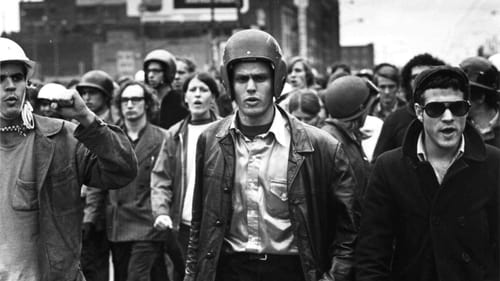
Herself
The remarkable story of The Weather Underground, radical activists of the 1970s, and of radical politics at its best and most disastrous.

A Huey P. Newton Story is a 2001 film directed by Spike Lee. It is a filmed performance of Roger Guenveur Smith's one-man show of the same name. Smith sits in a chair on a stage and tells about the past, mostly dealing with Huey P. Newton's life and times.

Self
A documentary film of The Black Panther Party as told by four former Party members

Self
In March 1997, social activist, former Black Panther, and author, Eldridge Cleaver sat down with Henry Louis Gates Jr. for a discussion of his life as a civil rights activist. It would be the last major interview Cleaver gave before his death in May 1998. This film draws on the 1997 interview, archival footage, and commentary from Cleaver's former wife Kathleen, as well as audio tapes of a 1975 interview that Gates did with Cleaver in Paris.

Self
Using government documents, archive footage and direct interviews with activists and former FBI/CIA officers, All Power to the People documents the history of race relations and the Civil Rights Movement in the United States during the 1960s and 70s. Covering the history of slavery, civil-rights activists, political assassinations and exploring the methods used to divide and destroy key figures of movements by government forces, the film then contrasts into Reagan-Era events, privacy threats from new technologies and the failure of the “War on Drugs”, forming a comprehensive view of the goals, aspirations and ultimate demise of the Civil Rights Movement…

An absolute unknown work among Marker’s collaborations, made by filmmakers Bill Stephens, Paul and Carole Roussopoulas with Eldridge and Kathleen Cleaver, Congo Oyé was never completed and long-believed lost by all involved.
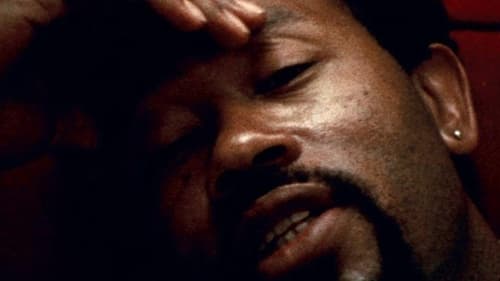
Self
The portrait of Eldridge Cleaver, the "Minister of Information" for the Black Panthers movement, in exile in Algiers.
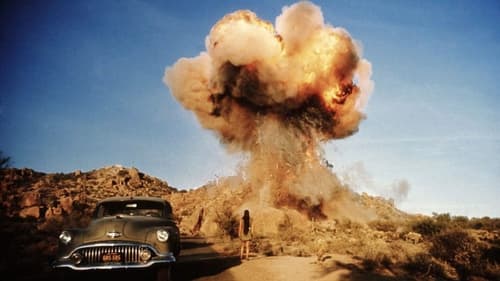
Kathleen
Um retrato épico do final dos anos sessenta dos EUA, visto através da representação de dois de seus filhos: a estudante de antropologia Daria (que está ajudando um promotor de imóveis a construir uma aldeia no deserto de Los Angeles) e o estudante Mark que abandonou a faculdade (que é procurado pelas autoridades por supostamente matar um Policial durante uma revolta estudantil). Os dois começam um romance desenfreado, fazendo amor em qualquer terreno empoeirado. (e 16 - Estimado 16 Anos)

This film documents a rally in San Francisco sponsored by the Black Panther Party. Kathleen Cleaver, Bobby Seale, and other speakers addressed thousands of protesters demanding more rights for African Americans and calling for the release of Huey P. Newton.

Self
A film shot during the summer of 1968 in Oakland, California around the meetings organised by the Black Panthers Party to free Huey Newton, one of their leaders, and to turn his trial into a political debate. They tried and succeeded in catching America’s attention.

This documentary portrays the solidarity of young Californian left-wing militants with the Black Panther cause. Footage of their militant activities, during discussions and protests in Oakland, where they were following the trial of Black Panther leader Huey Newton, throws light on the reasons for their active support for the Afro-American revolutionary movement known as the Black Panther Party. The young American film-maker who, as part of his film project about Californian hippies, conducts a series of interviews exemplifies the type of commitment they chose. The documentary also features clips from speeches given by Black Panther party militants, an interview with Black Panther Party information secretary Kathleen Cleaver, concerts and a Black Panther military parade.


















